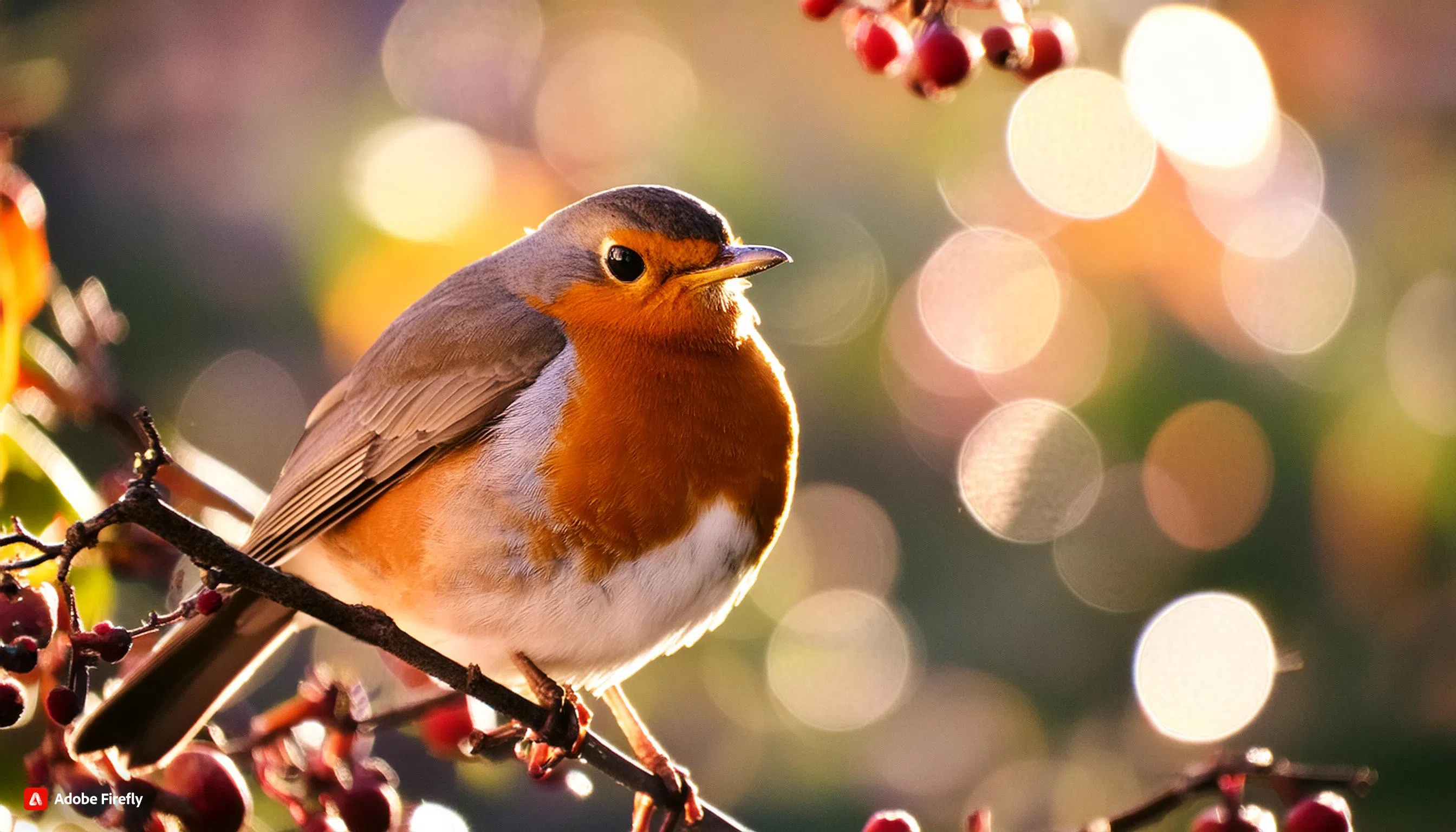
Our Health Unit wants to make sure proper information about Avian Influenza is making the rounds, as the ailment also known as Bird Flu has been detected in Lanark, Leeds and Grenville.
Medical Officer of Health, Dr. Linna Li tells myFM there are a number of strains that transmit between animals.
The Doctor was also quick to answer a top concern.
Dr. Li notes that the strain is causing substantial die-offs of wild birds globally. Another concern is that outbreaks and culling of poultry can lead to disruption to global supply chains for poultry meat.
Another concern is if the virus could be passed on to cows here. The Dr. had good news on that front.
But pasteurization, a requirement for all milk in Canada, effectively kills the virus. All that leads to a better situation domestically, even if that’s not the case elsewhere.
If you do come across a dead bird, don’t touch it unless it’s absolutely neccessary. Even then make sure you’re wearing gloves. Then call Canadian Cooperative Wildlife Health Centre at 1-800-567-2033 to report it.
If you have handled a sick wild bird or sick domestic poultry then you should watch for symptoms of Avian Influenza in yourself and your family. Let your doctor know if you have any of these signs:
– Fever, cough, sore throat, runny or stuffy nose
– Muscle and/or body aches, headache, tiredness
– Conjunctivitis (red eyes)
– Shortness of breath or difficulty breathing
– Diarrhea, nausea, vomiting or seizures
You can listen to the complete interview with Dr. Li below.